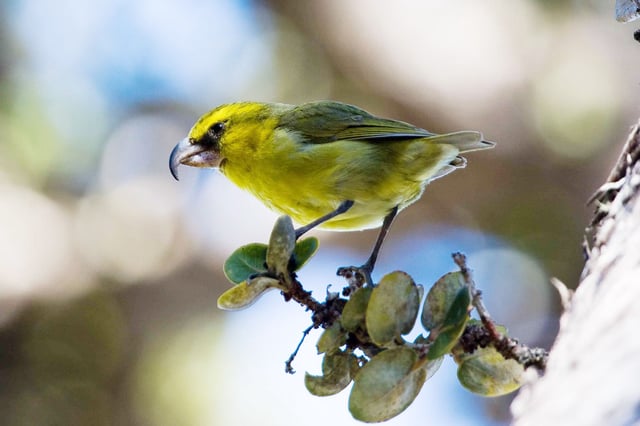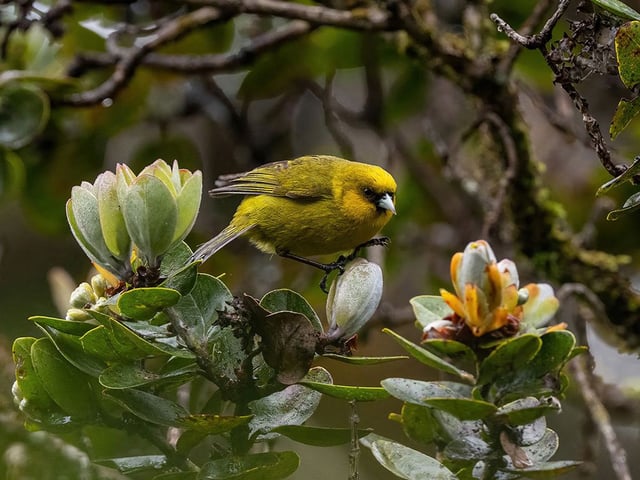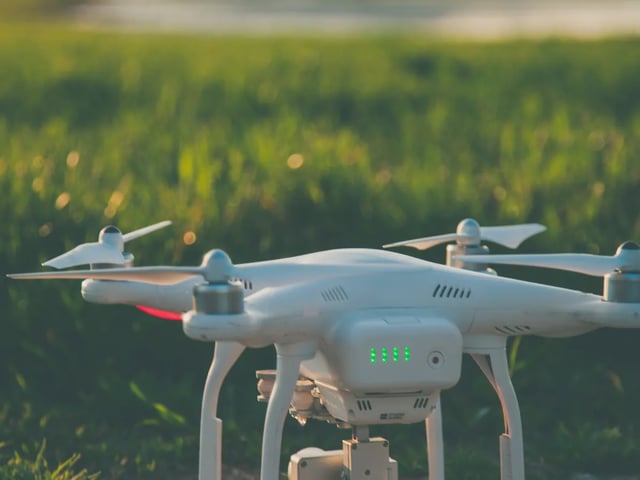Overview
- Since June 2025, drones have deployed tens of thousands of biodegradable pods into remote forests, each containing about 1,000 Wolbachia-infected male mosquitoes.
- These drone drops now complement helicopter releases that together sustain 500,000 weekly Wolbachia males aimed at suppressing invasive Culex populations.
- The incompatible insect technique leverages natural bacteria to induce non-viable eggs when lab-reared males mate with wild females, targeting vectors of avian malaria.
- Early drone tests proved safer, more flexible and lower-emission than helicopters, reducing costs and risks in unpredictable mountain terrain.
- Only 17 honeycreeper species remain in Hawaii, and experts hope the program will buy critical time for their recovery.



